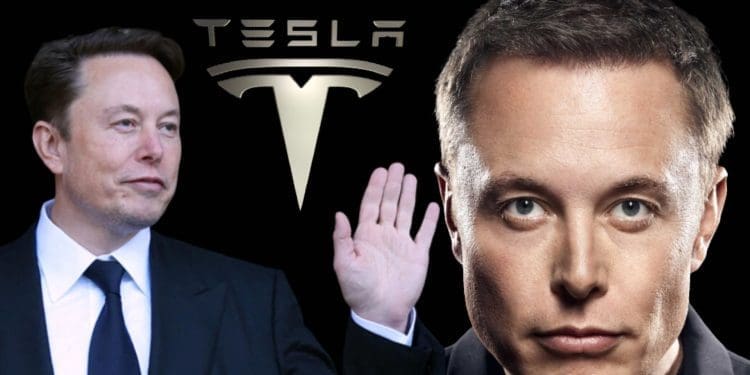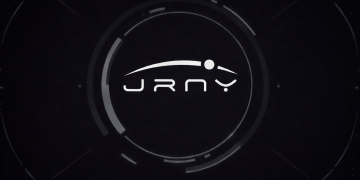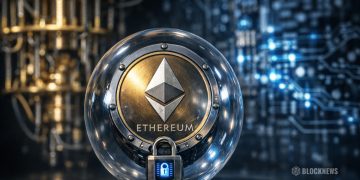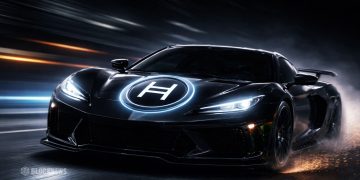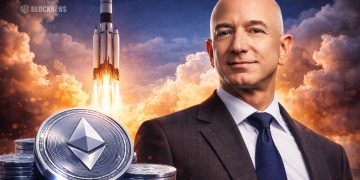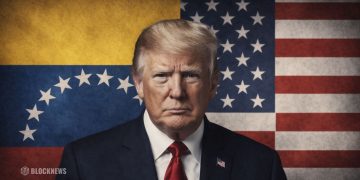- Tesla won the first US trial over allegations that its Autopilot feature led to a fatal 2019 crash, representing a major victory as it faces similar lawsuits.
- The lawsuit alleged Autopilot caused the crash, asking for $400 million in damages, but Tesla denied liability, arguing human error caused it.
- The jury found no manufacturing defect, suggesting claims solely focused on manufacturing defects may be less likely to succeed against Tesla in court.
On Tuesday, Tesla won the first US trial over allegations that its Autopilot driver assistant feature led to a death. This represents a major victory for the automaker as it faces several other similar lawsuits across the country.
The Fatal Crash and Lawsuit
In 2019, a Tesla Model 3 suddenly veered off a highway in California at 65 mph, struck a palm tree, and burst into flames within seconds. The crash killed the driver, Micah Lee, and seriously injured his two passengers.
The passengers filed a lawsuit in California state court, alleging that the Autopilot system caused the crash. They asked the jury for $400 million plus punitive damages. Tesla denied liability, arguing that human error caused the crash and that it was unclear whether Autopilot was engaged at the time.
The Trial and Verdict
During the trial, the plaintiffs showed jurors a 2017 Tesla internal safety analysis identifying incorrect steering as a defect involving excessive steering wheel angle. However, Tesla argued the analysis did not identify a defect but was intended to address hypothetical issues.
After four days of deliberations, the 12-member jury announced a 9-3 verdict that the vehicle did not have a manufacturing defect.
What This Means for Tesla
This verdict represents Tesla’s second big win this year in which juries have declined to find its software defective. The company has been rolling out its Autopilot and more advanced Full Self-Driving system, which CEO Elon Musk says is crucial to Tesla’s future. However, the technology has drawn regulatory and legal scrutiny.
While other lawsuits allege design defects in Autopilot, the Riverside jury was only asked to evaluate potential manufacturing defects related to steering. The verdict suggests that claims focused solely on manufacturing are less likely to succeed against Tesla. Overall, the outcome is a major victory for Tesla as it defends its driver-assist technology in court.


